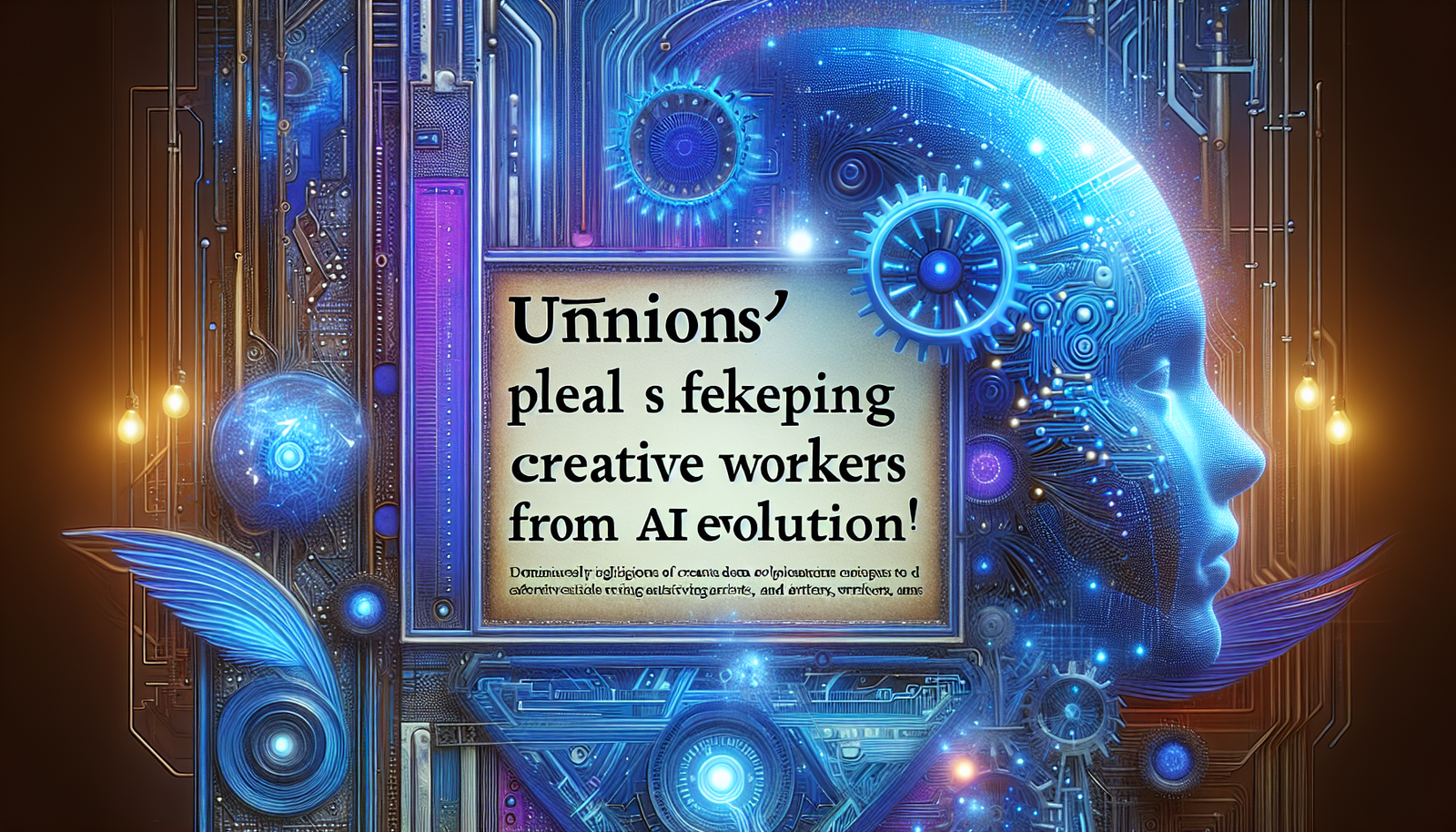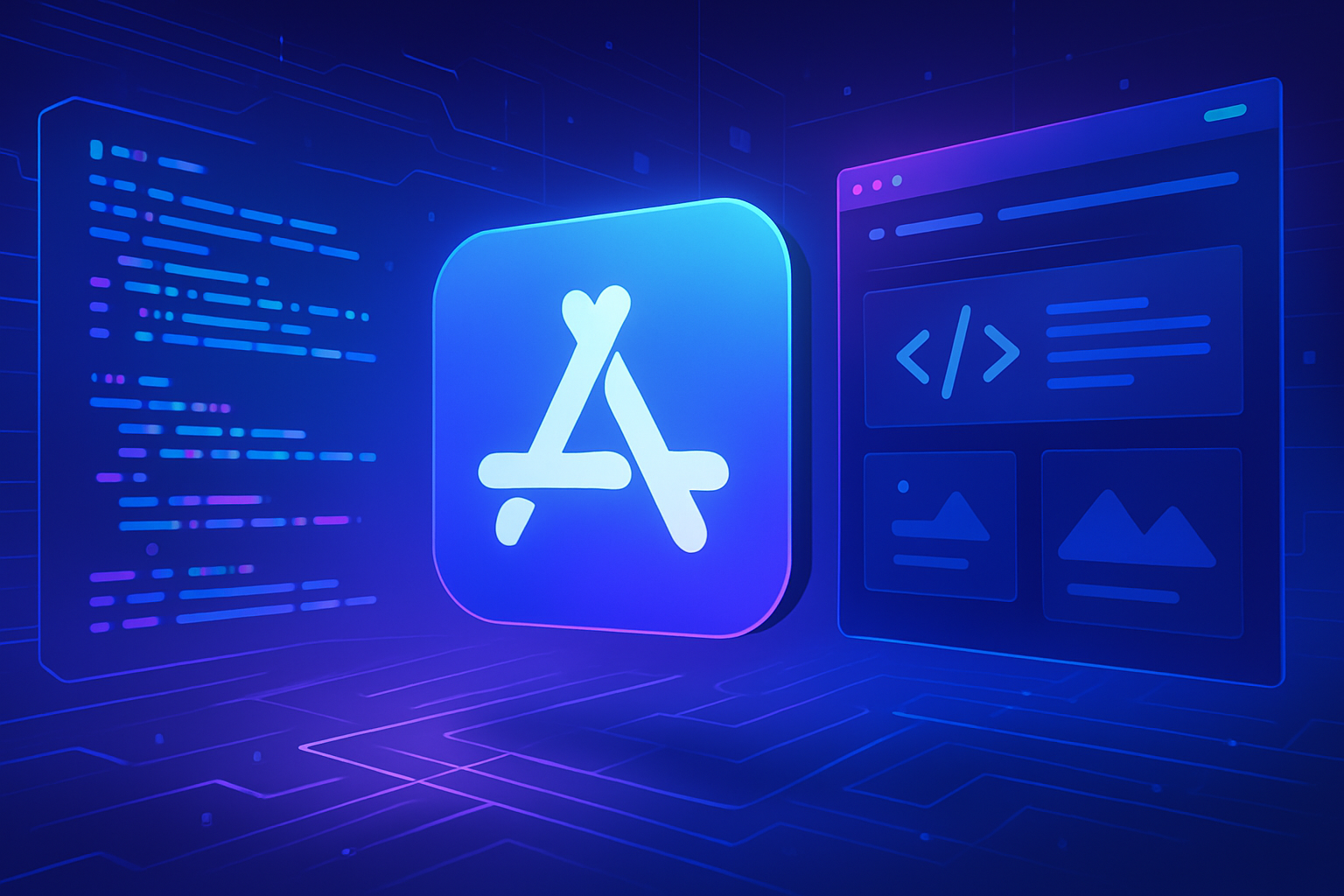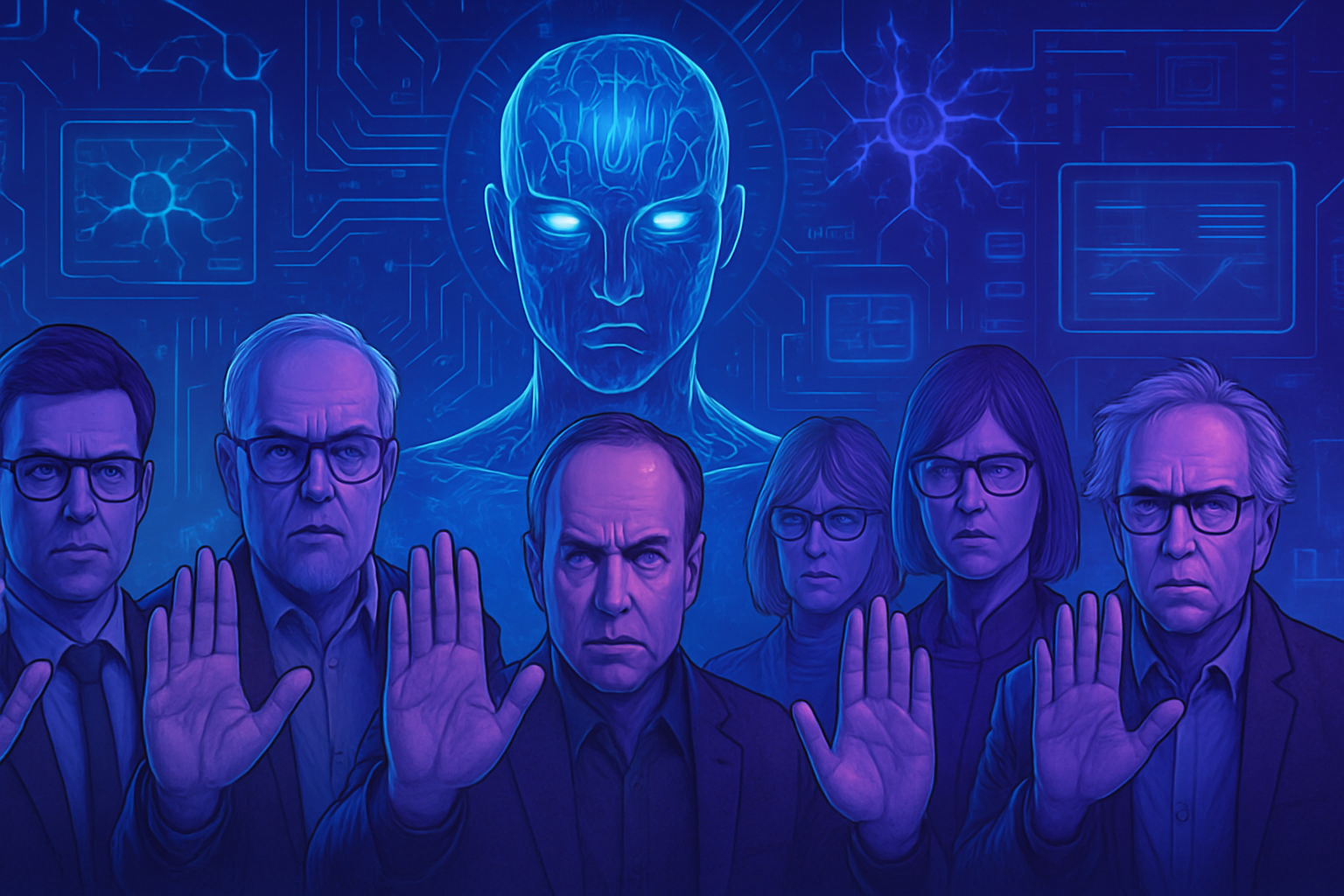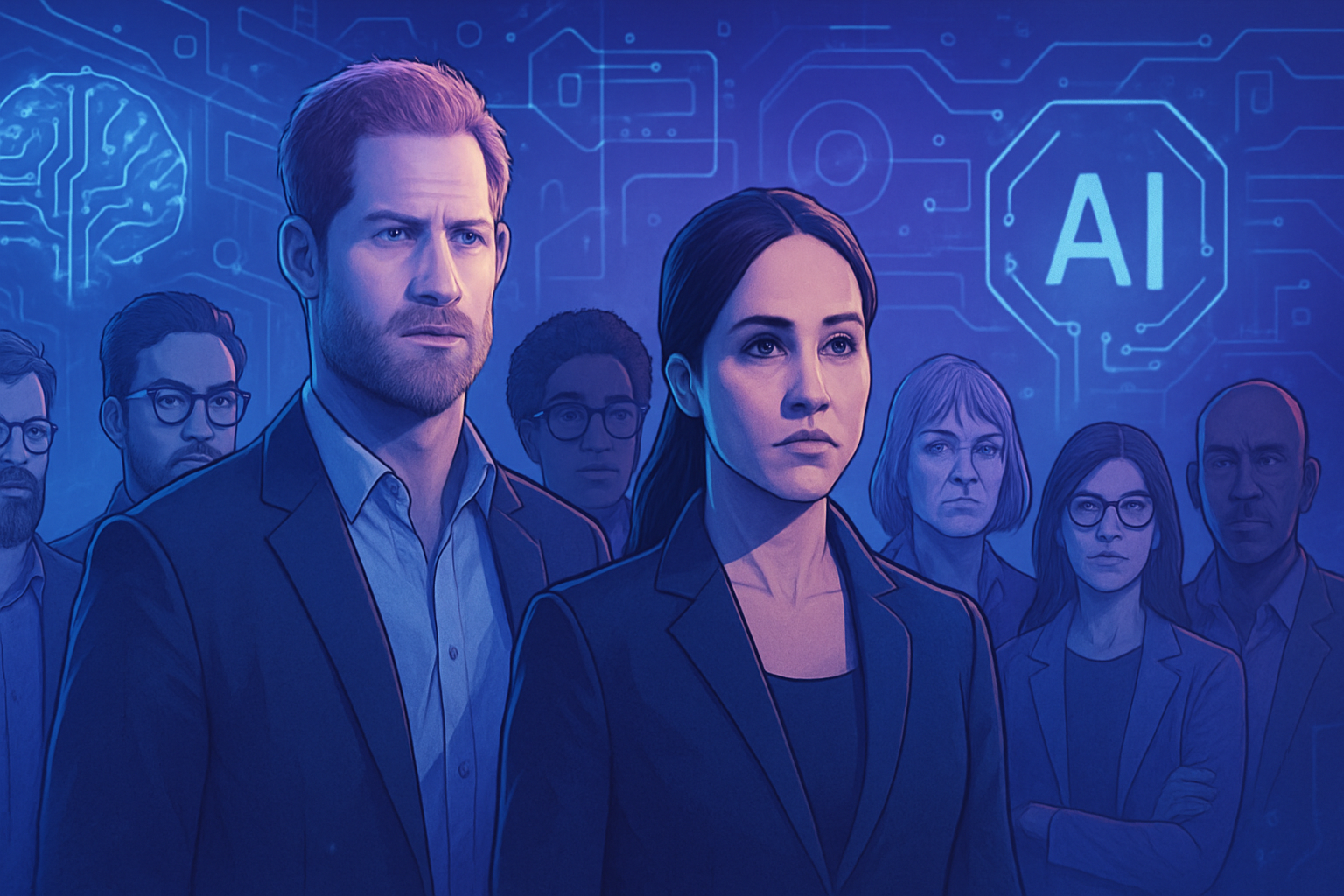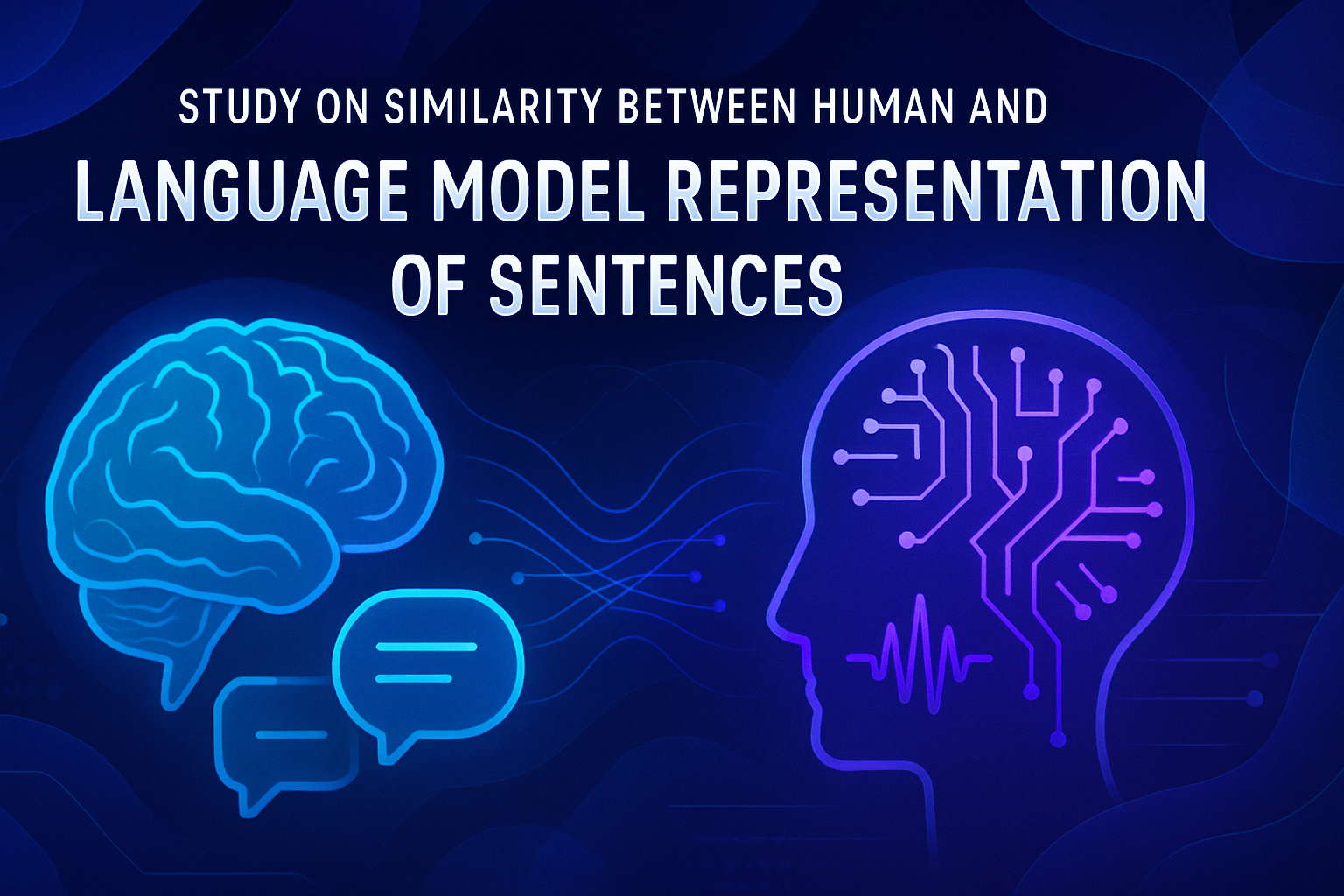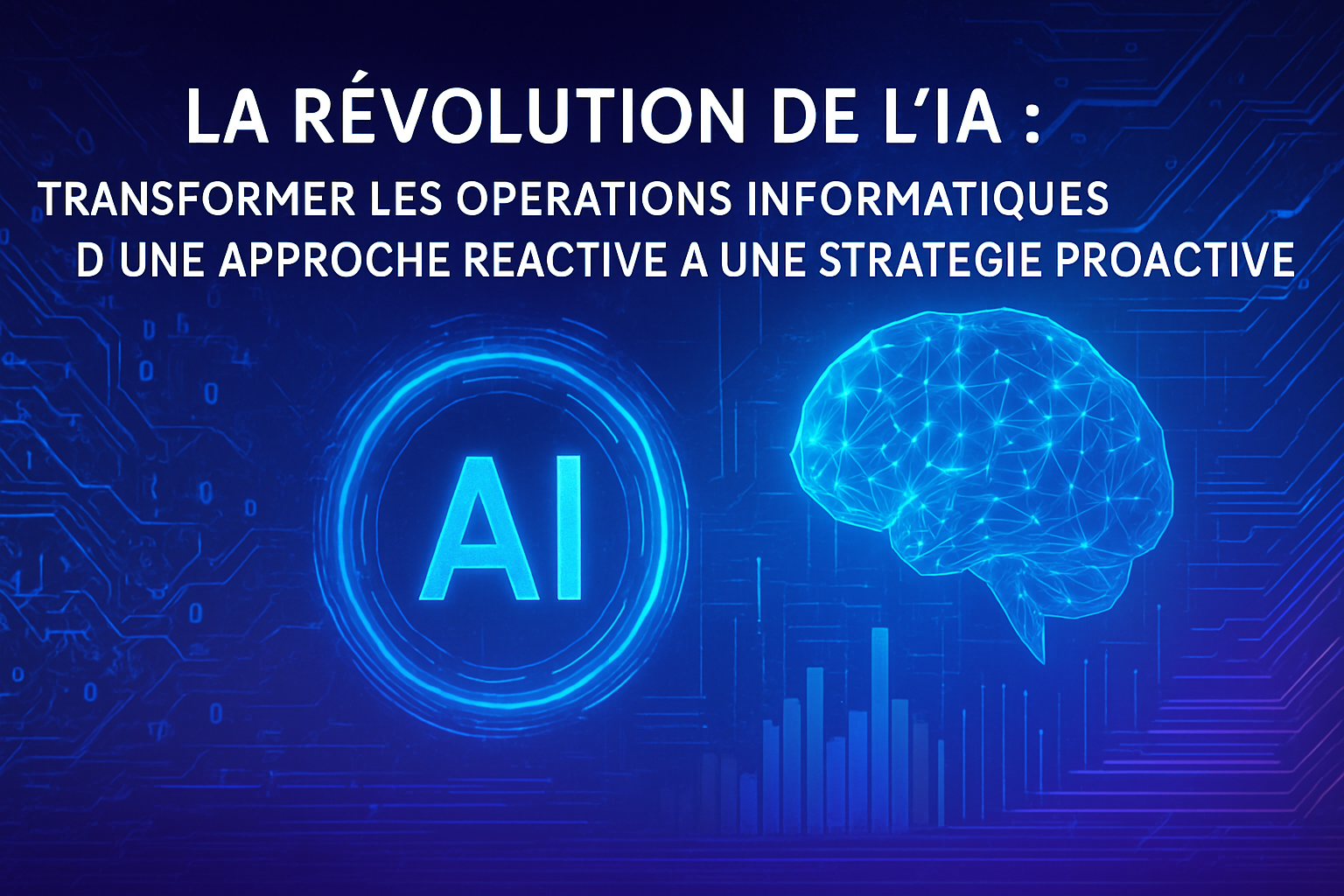Creative production companies find themselves at a crossroads in the face of the rapid rise of artificial intelligence. British unions are calling for bold measures to protect precarious workers in this dynamic sector. The increasing integration of innovative technologies threatens professions that have, until now, relied on valuable human skills. These union leaders state that strengthening workers’ rights and establishing strict regulations is becoming imperative. *Preserving artistic authenticity* and *safeguarding essential jobs* provoke an urgent debate in the industry. The path to a future where creativity and technology harmonize requires critical and collaborative reflection.
Challenges of the creative industry in the face of AI
British unions express growing concern about the future of workers in the creative industry. The emergence of artificial intelligence is radically transforming this sector, leading to structural changes that threaten the integrity of creative jobs. AI tools automate many tasks traditionally reserved for humans, raising ethical and practical questions about the protection of these workers.
Calls to action from the unions
In light of these developments, unions are demanding specific measures aimed at protecting workers’ rights. They advocate for strict regulation of the use of AI in creative professions, arguing that laws must be established to ensure that creations generated by AI do not replace human work. Unions are also calling for the implementation of specialized training to enable workers to adapt their skills.
Concrete proposals to support workers
Unions recommend a series of emergency measures. Capping prices in the creative sector and adjusting wages based on inflation are part of the proposed solutions. They also suggest creating a tax on the superprofits generated by AI technologies, in order to reinvest these funds to support workers affected by these changes.
The impact of AI on employment
A recent study highlights an alarming reality: mass layoffs could impact the Alan Turing Institute as well as other creative institutions. Employees feel particularly vulnerable in the face of technology that replaces their skills. The question then arises: how to protect the careers of creators in this new environment?
The unions and the government
Unions plan to strengthen discussions with the government to establish a constructive dialogue. Consultations with workers will be essential to finalize a project focused on protecting rights related to employment. Unions hope that the government will recognize the urgent need for strong regulation in the context of technological evolution.
The future of unionism in the face of innovation
British unionism, while seeking to adapt, must also revise its strategies to incorporate the challenges posed by AI. Collective mobilization is necessary to defend workers’ interests in the face of a constantly evolving market dynamic. Solidarity among unions will be vital to counter the negative impact of artificial intelligence on creative careers.
Reactions from the creative sector
Professionals in the creative industry are reacting by asking for guarantees. They want any implementation of AI to be accompanied by clear protections for their work. Their calls to action highlight the importance of maintaining high ethical standards when AI is involved in the creative process.
Conclusion to anticipate
Through these initiatives and concerns, it appears that the main issue lies in the balance between technological innovation and worker protections. The unions, as drivers of rights advocacy, remain determined to lead the fight for a fairer future in a transforming work landscape.
FAQ about British unions and the protection of workers in the creative industry in the face of AI
What measures are British unions calling for to protect workers in the creative industry in the face of the evolution of AI?
British unions are calling for specific regulations that include increased legal protections for workers, salary guarantees, and reinforced intellectual property rights for creations made with the help of AI.
How does the evolution of AI impact workers in the creative industry in the UK?
AI can automate certain creative processes, thus threatening jobs and the livelihoods of human workers. This raises concerns about the risk of devaluation of creative work and the loss of human creativity in the sector.
What types of workers in the creative industry are affected by the calls from British unions?
The calls concern a wide range of workers, including artists, designers, content writers, musicians, and other professionals employed in sectors that could be affected by automation and the increasing use of AI.
Why are regulatory protections necessary for creative workers in the face of AI?
Regulatory protections are essential to ensure that workers’ rights are respected and to prevent AI from being used unfairly to diminish working conditions, reduce wages, or replace human creative jobs.
What actions are proposed by unions to raise public awareness about future issues related to AI in the creative industry?
Unions are considering leading awareness campaigns, organizing public forums, and collaborating with academic organizations to inform the public and decision-makers about the challenges and opportunities that AI presents for the creative industry.
How can workers in the creative industry prepare for changes induced by AI?
Workers are encouraged to train in technical and digital skills, to adapt to new technologies, and to join unions to be defended and access professional support resources.
What are the risks associated with a lack of regulation on the use of AI in the creative sector?
A lack of regulation could lead to increased exploitation of workers, unfair competition where AI could replace human jobs, and a decrease in the quality and diversity of creative productions.
